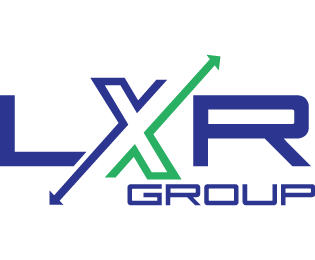LXR Group Public Summary and Analysis: CATO Institute Symposium on “New Technology and Old Rules: Constructing a Crypto Regulatory Framework.” January 13, 2022.
By Emmerson McClintock, LXR Group Policy Assistant
Overview:
On Thursday, January 13th, Cato’s Center for Monetary and Financial Alternatives hosted an event entitled “New Technology and Old Rules: Constructing a Crypto Regulatory Framework.” The CATO Institute is a well-established Washington D.C. think-tank that “promotes libertarian ideas in policy debates.” It’s research and policy recommendations are particularly influential with many Republicans. The event was the fourth and final panel of a series that discussed alternatives for crypto regulation, geared specifically towards commodities, banking, and securities regulators.
The discussion revolved around the current state of cryptocurrency regulation, and specifically where it’s headed and where it should be headed. The discussion explored questions such as how and by whom crypto should be regulated, as well as where the US stands in terms of digital innovation from an international standpoint. The event kicked off with CoinDesk Managing Editor, Nikhilesh De, explaining that the overlapping and incomplete regulatory frameworks for crypto have drawn criticisms from all corners. He then opened the floor to the three guest panelists, Jake Chervinsky (Blockchain Association), Alan Cohn (Partner at Step Toe and Johnson) and Angela Walch (Professor of Law and St. Mary’s), to discuss their takes on the matter.
Summary:
Jake Chervinsky began by noting “crypto is a very exciting and very transformative technology,” but insisted it is “not the first policymakers have encountered.” Some 30 years ago, the internet was born, and many believed it was nothing but a passing fad- one that society would dabble with for a year or two until it eventually died out. It was wholly unfamiliar, partially unexplainable, and made policymakers highly uncomfortable given it was nothing they had ever encountered before. Fast forward three decades and this global system of interconnected networks now serves as bedrock for modern society. Not only do we rely on its ever-changing features, but some would argue we wouldn’t survive without it. He made the point that a generation ago, policymakers and regulatory agencies educated themselves about the internet – allowing that innovation to flourish to become the internet today. And policymakers should follow the same approach with cryptocurrency.
While the panelists’ views differed in terms of who specifically should regulate this space, the panelist were of unanimous agreement on the point that the SEC and CFTC must set forth clear requirements and expectations to safely increase consumer engagement and avoid dangerous risk.
Alan Cohn, for example, echoing a view of many Republicans and some Democrats in Congress, explained “the SEC has not set forth clear guidance [on digital assets] that can be repeatedly applied across different companies” and stating that that the SEC and other regulators “must define what it is they want and what their regulatory regime will look like” to provide a regulatory framework upon which these technologies can build. The “US is struggling to get a rational, through line that cuts across each of the regulatory agencies” and as a result we “continue to come back to constant confusion regarding expectations [about digital asset regulation] in the US.” Not only does this discourage active participation within the United States, but this deters foreign parties from conducting business within the country as well.
In addition to domestic policy questions, the panelists speculated on how a continued “lack of clarity” with respect to digital assets and related blockchain applications issues could damage the U.S. stance as a global leader. Currently, the EU has assumed a global leadership role in how crypto markets are regulated through their MiCA approach (Regulation on Markets in Crypto Assets). MiCA “has potential and the outspoken ambition to set global standards for oversight and regulation of digital, blockchain-based assets,” meaning that the EU could in effect determine the manner in which the US conducts business pertaining to crypto and digital financial technologies. In the view of the panelists, the fact that the US is a step behind the EU and others is particularly problematic because, and it stands, the U.S. simply lacks the capability to engage in specific, substantive international conversations. As Cohn put it: “Until the United States can figure out what it wants, we will have a major problem reaching international harmonization,” leaving the United States a follower rather than a leader.
Watch the full event here.

